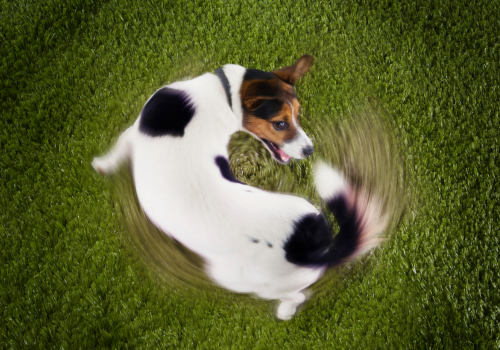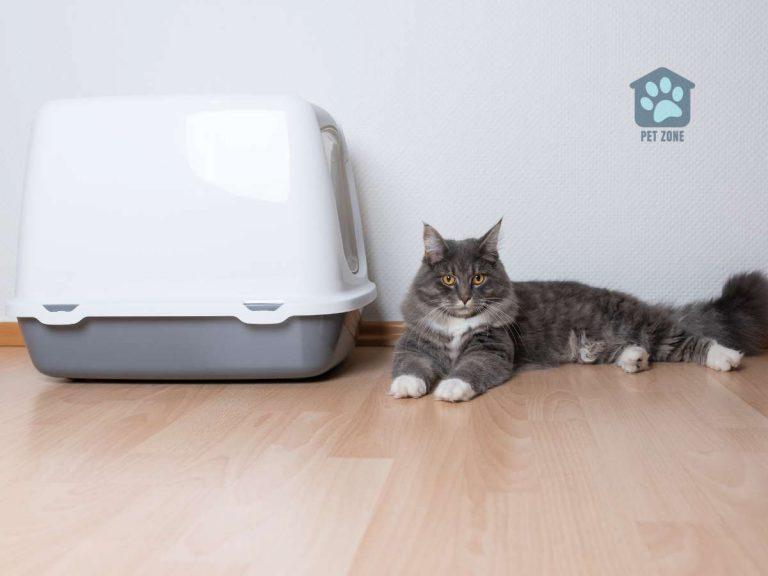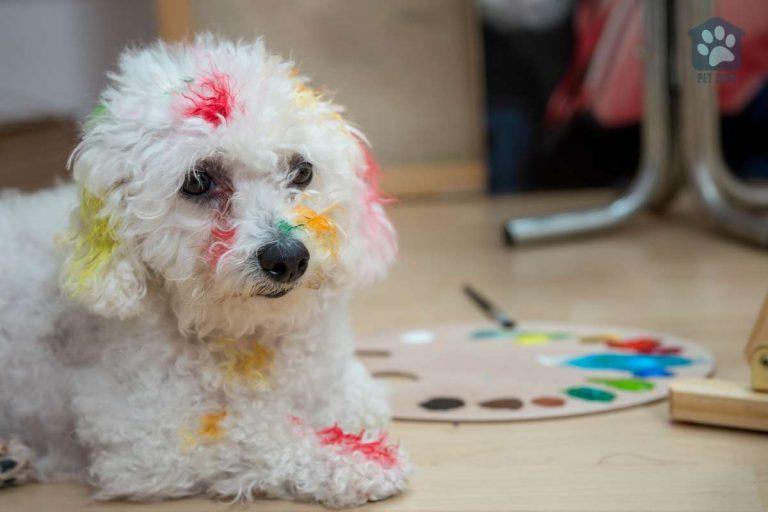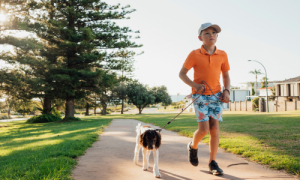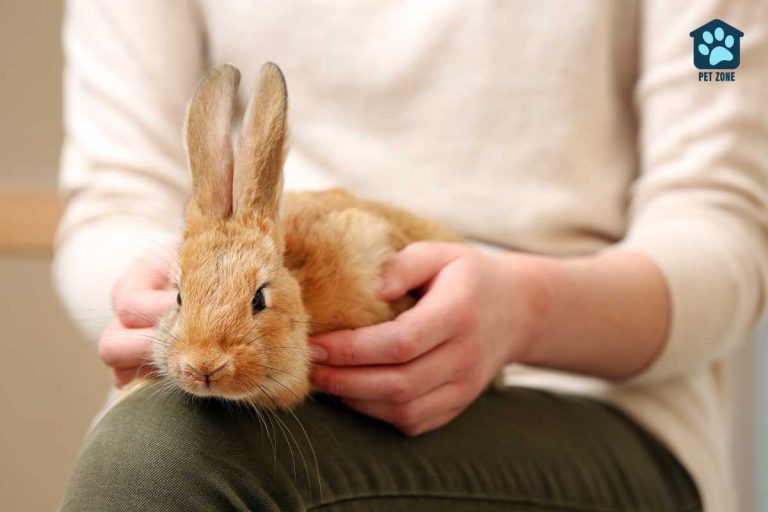Estimated reading time: 3 minutes
Dogs have a myriad of ways to express themselves, and their body language can be both entertaining and puzzling. One behavior that often captures our attention is spinning. If you’ve ever wondered, “why does my dog spin when excited?” you’re not alone.
Spinning can be a natural response to excitement, but it’s important to consider other factors that may contribute to this behavior. These include breed tendencies, training history, and even medical issues. Identifying the underlying cause can help you manage your dog’s spinning. This article will delve into the reasons behind this curious behavior, and provide guidance on managing it.
Understanding Excitement in Dogs
Dogs express excitement through various physical and vocal cues. Tail wagging, barking, jumping, and spinning are just a few examples. It’s essential to understand that dogs can become excited for a multitude of reasons, such as playtime, seeing their owner, or anticipating a treat.
Reasons for Dog Spinning When Excited
Prey Drive and Hunting
Spinning can be an instinctive behavior rooted in your dog’s ancestry. Many breeds were developed for hunting, and their prey drive may manifest as spinning when excited. For example, terriers were bred to chase and catch small animals, so their spinning could be a remnant of this instinct.
Playfulness and Energy
Some dogs are naturally more energetic and playful than others. Breeds like Border Collies and Australian Shepherds are known for their high energy levels and may spin when excited as a way of expending excess energy. It’s important to provide these dogs with ample physical and mental stimulation to prevent unwanted behaviors.
Signaling Excitement
Dogs use body language to communicate with both humans and other dogs. Spinning can be a way for your dog to signal excitement, inviting you or another dog to join in play or acknowledge their enthusiasm.
Seeking Attention
Sometimes, dogs spin when excited as a means of seeking attention. They might have learned that spinning gets them the desired response, like a pat on the head or a treat. In these cases, it’s crucial to reinforce calm behaviors and avoid rewarding the spinning.
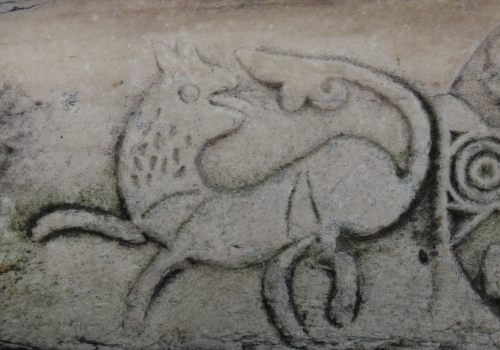
Training and Managing Spinning Behavior
Redirecting Energy
If your dog’s spinning is becoming a problem, try redirecting their energy into another activity. Engage them in a game of fetch or offer them a puzzle toy to focus on. This can help them learn alternative ways to express their excitement.
Rewarding Calm Behavior
To discourage spinning, reward your dog for calm behavior during moments of excitement. This can be done by offering treats, praise, or affection when your dog remains calm and composed. Over time, your dog will learn to associate calmness with positive reinforcement, reducing their spinning behavior.
When to Seek Professional Help
While spinning can be a harmless and entertaining behavior, it’s important to monitor the frequency and intensity of your dog’s spinning. If it becomes excessive or obsessive, it may be a sign of an underlying issue, such as anxiety or a medical problem. In these cases, it’s essential to consult with a veterinarian or a professional dog trainer to address the issue effectively.
Conclusion
Dogs spin when excited for various reasons, including instinct, playfulness, communication, and attention-seeking. Understanding the root cause of your dog’s spinning can help you manage the behavior through redirection, positive reinforcement, and professional guidance if necessary. By doing so, you can ensure a happy and well-adjusted canine companion.
As an Amazon Associate I earn from qualifying purchases.


